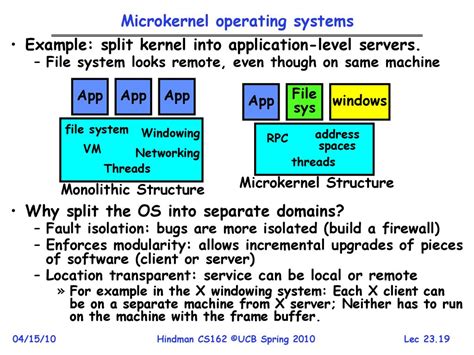Metamask: Why can I listen for JSON-RPC events even though my node is running on HTTP?
Understanding MetaMask and JSON-RPC Events
As a user of the Ethereum Virtual Machine (EVM) in a local test environment, you’ve likely encountered the limitations of the standard Ethereum API, particularly when it comes to subscribing to events via HTTP. However, MetaMask allows for a more seamless experience by utilizing alternative protocols.
The Problem: Standard Ethereum API with HTTP
In the standard Ethereum API, JSON-RPC (JSON Remote Procedure Call) is used for interacting with nodes on the network, but it’s designed for full-duplex connections like WebSockets. To subscribe to events, you need a WebSocket connection, which isn’t possible via an HTTP connection.
The Solution: MetaMask and WebSocket
MetaMask provides a way to connect your local Ethereum node to the blockchain using its API. Instead of relying on the standard JSON-RPC API, which requires a full-duplex connection like WebSockets, MetaMask uses
WebSockets for JavaScript (WS4JS)
to establish a bi-directional, real-time communication channel between your browser and the Ethereum network.
Why WS4JS?
WS4JS is a protocol that allows your web application or desktop app to connect directly to the Ethereum network without needing a full-fledged node. This eliminates the need for a separate node and reduces the complexity of setting up an Ethereum network connection in your local environment.
MetaMask’s WebSocket Connection

When you use MetaMask, it establishes a WebSocket connection between your browser and the Ethereum network using the web3.eth.subscribe method. This method is specifically designed to handle bi-directional communication without requiring a full-fledged node.
By utilizing WS4JS, MetaMask provides a seamless experience for subscribing to JSON-RPC events on your local Ethereum node, even if you’re not using an official Ganache instance or other nodes.
Conclusion
In summary, MetaMask’s WebSocket-based approach allows users to connect their local Ethereum node to the blockchain without relying on the standard JSON-RPC API. This enables a more straightforward and efficient way to interact with events, making it possible to use MetaMask in environments where full-fledged nodes might not be available.
By leveraging MetaMask’s WS4JS protocol, you can enjoy a seamless experience when interacting with JSON-RPC events on your local Ethereum node, even if you’re using Ganache as an emulator.


Leave a Comment